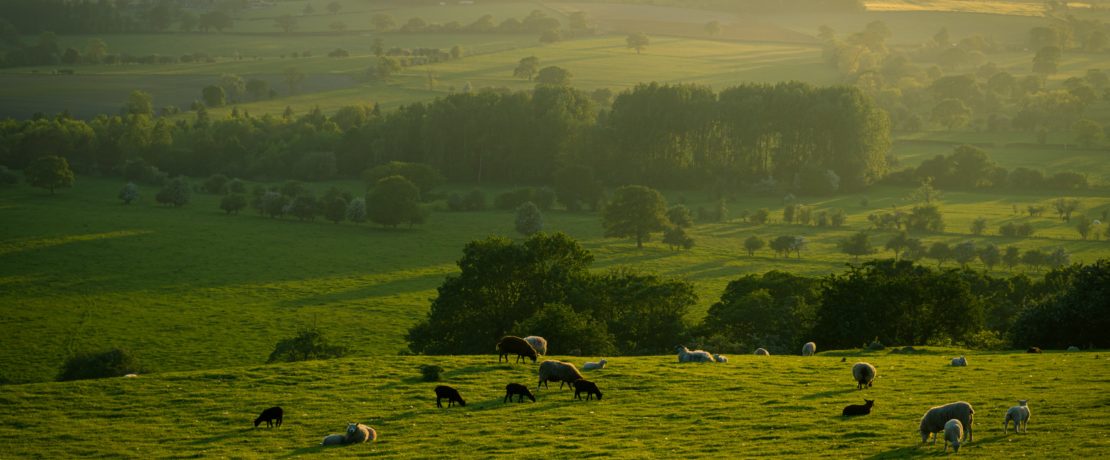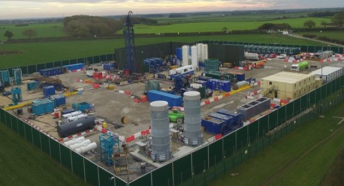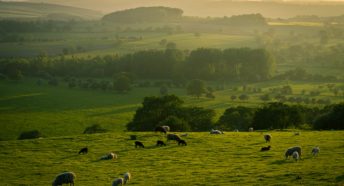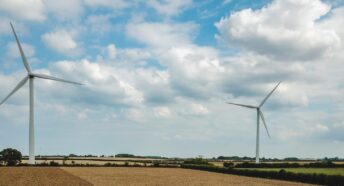Inspector rules in favour of Agricultural Land over industrial Solar Farm
Whilst admittedly not in our beautiful patch of England, we are wondering whether the tide is starting to turn in favour of protecting our best quality agricultural land, something we have been campaigning for locally.
We are not against solar energy, as you can see by our stance on solar and we petition for them to be mandatory on all new build developments whether that be residential, commercial or agricultural and believe that there is room for larger scale PV arrays to be situated on some suitable brownfield sites. However, we also believe that we should protect our best and most versatile agricultural land to promote food security, help the rural economy and encourages agricultural practises to promote sustainable methods to tackle climate change.
The below was recently reported in the planning press regarding an appeal decision in Norfolk in favour of agricultural land.
Docking Farm Solar Limited appealed against Broadland District Council’s decision to refuse permission for the solar panels, which would be erected across 35.67 hectares of agricultural land on a wider 700-hectare farm.
The Inspector noted that the appeal site land is rated as grades 1, 2, and 3a of the agricultural land classification, with grade 1 being the most valuable land.. He accepted that the solar farm would be present for a limited period of 40 years, after which the land would return to agricultural use.
Thompson decided that the proposal failed to demonstrate that it was necessary for the panels to be situated on high-quality agricultural land, rather than less valuable land.
The appeal site’s rural location was also identified as problematical. The inspector judged that the appeal site made a positive contribution to its countryside setting, however, he was satisfied that the planting of hedges would mitigate the development’s impact on long and medium-range views of the area.
He also recognised that the proposal would provide benefits in terms of reducing greenhouse gas emissions, with the proposal able to provide power to upwards of 8000 homes annually. There would also be economic benefits, as the reduction in energy costs compared with fossil fuels would help to address fuel poverty. Wildflower and hedge planting would also contribute to a biodiversity net gain on the site. The proposal would also allow the farm to diversify its income in the face of uncertainty with farming subsidies.
Whilst accepting the benefit of clean, renewable energy, and lack of harm to the surrounding area, Thompson concluded that the harm caused by the loss of high-grade agricultural land was of greater significance. The appeal was dismissed.
The inspector’s decision – case reference 3278065 – can be read here.








